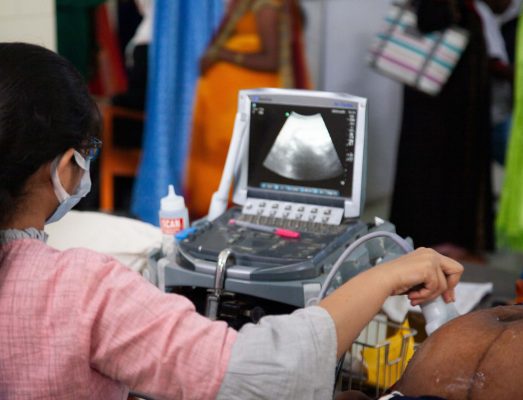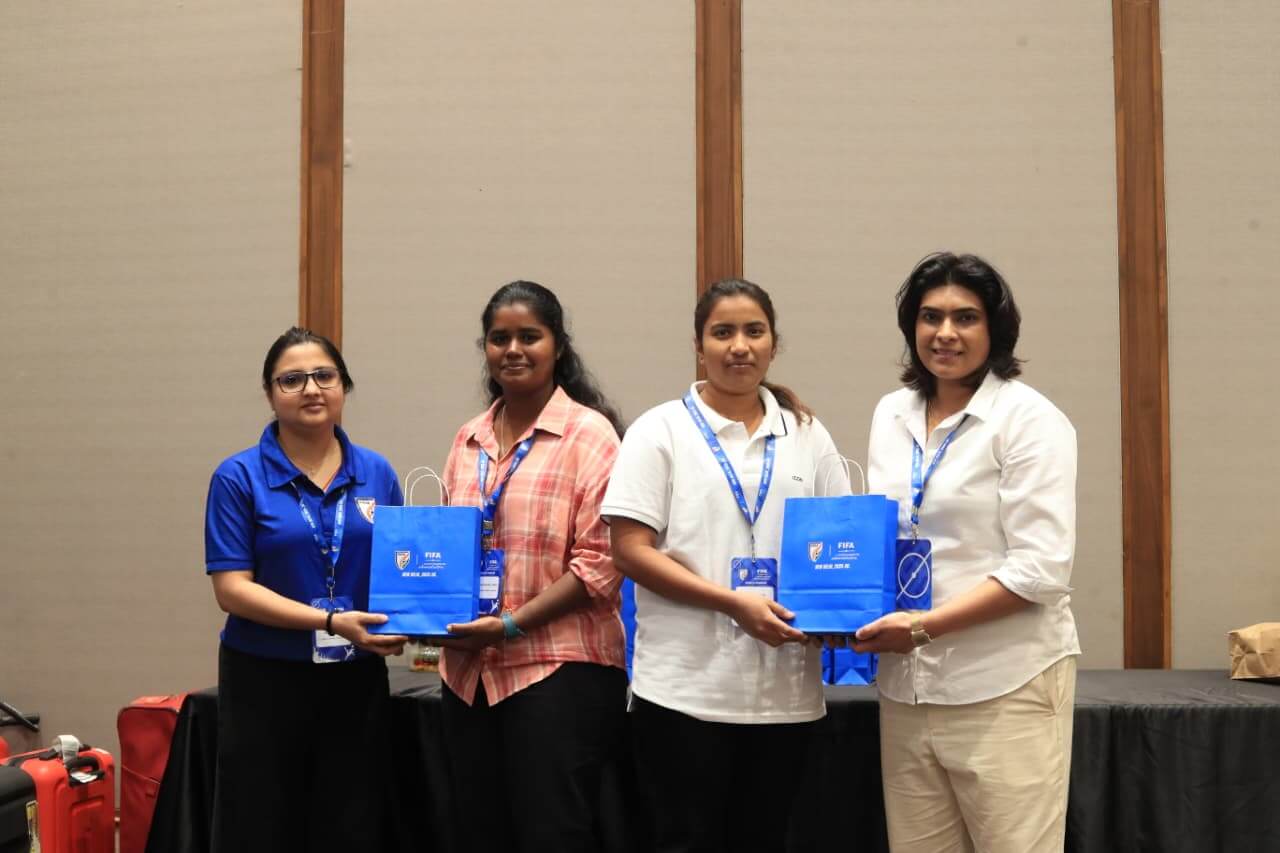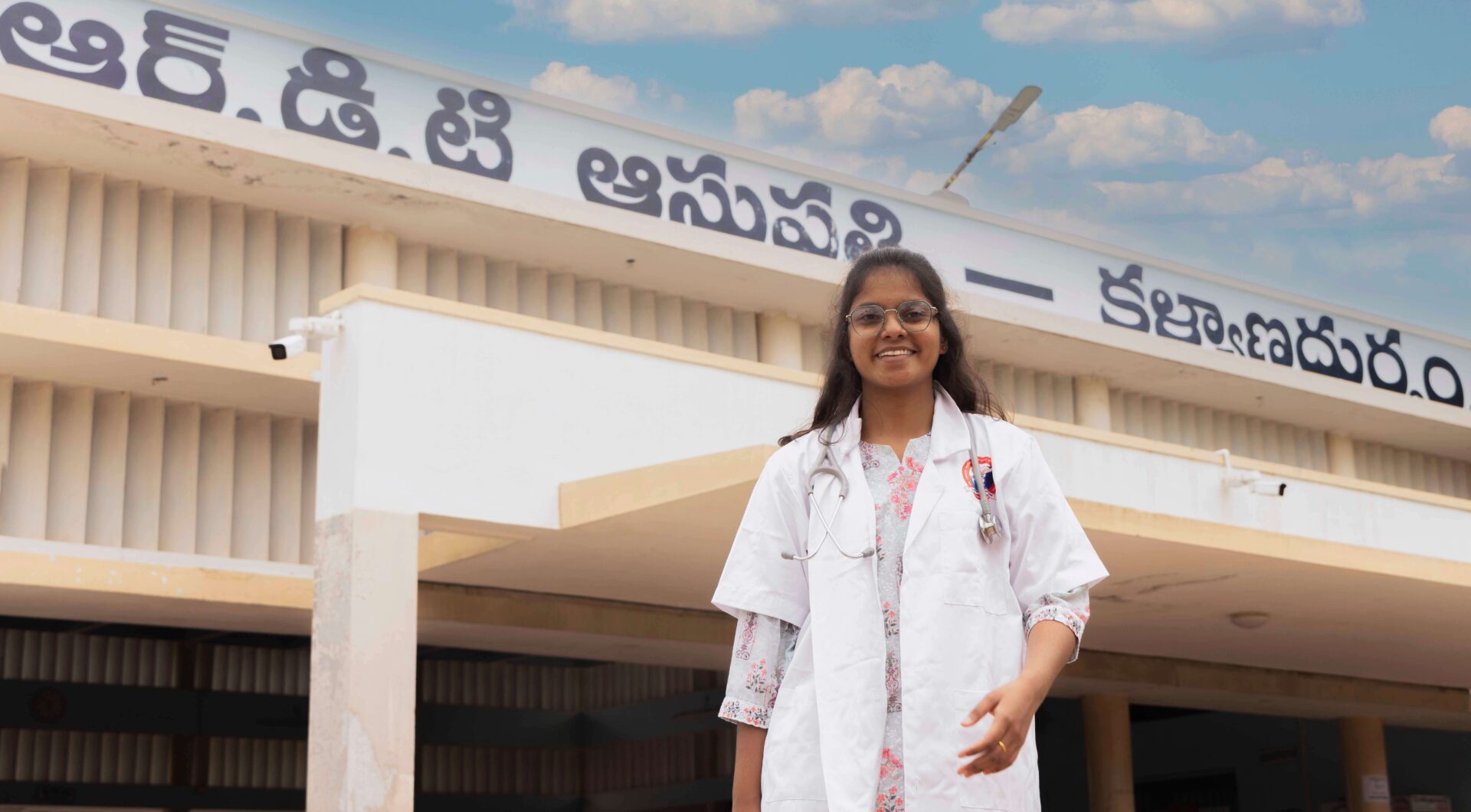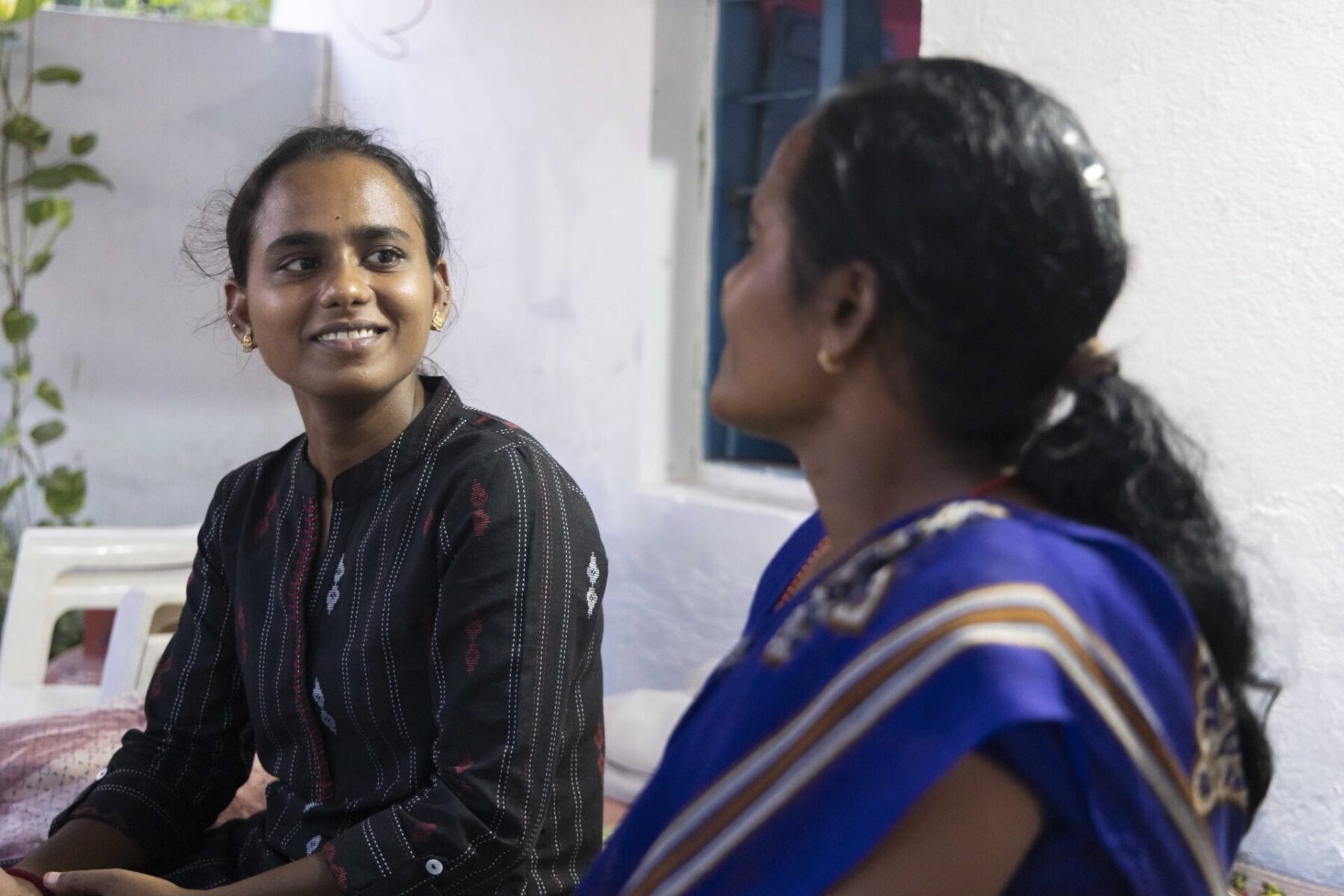The Gynaecology and Obstetrics ward in RDT Kalyandurg Hospital is bustling as it is a weekday. 22-year-old Meena is waiting for the Doctor in charge to attend to her. She is currently in the last phase of her pregnancy and is waiting for the results to come out, which will determine whether she will get a cesarean or give natural birth.
She learned about the hospital through the rural health worker in her village, Brahmasamudram, and since then, she has been receiving regular checkups. Meena never missed any sessions of antenatal awareness, which the hospital provides for pregnant women and their spouses so they can plan for a safer pregnancy.

Antenatal care, often referred to as prenatal care, entails a series of medical appointments, screenings and tests during pregnancy. These checkups are conducted under the supervision of medical professionals, who assess the health and well-being of the mother and the fetus.
Proper checkups minimise the risk to both the mother and the baby. The RDT Hospital network has seen 14,902 Institutional deliveries in 2021-22. The antenatal awareness sessions enhance the importance of prenatal care to the patients through regular antenatal checkup awareness sessions, which look into the healthcare issues in mothers that are overlooked to avoid complications at the time of pregnancy. They also help bridge the gap between traditional and modern healthcare, where women can share their concerns and embrace the advantage of antenatal checkups.
With the help of awareness sessions, Meena is aware of what medicines she must take in the first few months of the pregnancy. She says, “The nurses and doctors here make me understand how pregnancies get complicated without adequate vitamins and can bring change in the babies’ health if you have iron deficiency, gestation diabetes. They help me understand that all of this can be effectively managed with proper medical guidance.”
“I got to know a lot about the misconceptions regarding pregnancy that were given to us by our grandparents and parents. Here, in the hospital, we are given accurate instructions on what to do in which month to ensure the health of the mother and baby. I believe these sessions, which I have attended with my family, have also helped them understand and empathise with me in certain ways,” Meena says while Dr Pavani, the Head of the Gynaecology and Obstetrics Department, attends to her. “When I came here, I learned more about the treatments I am receiving and what medicines are used at each pregnancy phase. It makes me feel confident about my body,” she adds.

Meena’s husband has been with her the whole session and voiced his concerns. He says, “I feel that the hospital’s antenatal sessions have made me understand in detail about the complications and the importance of a healthy mother during pregnancy.” He lends a hand to Meena to get up from the cot she was sitting in. “I am glad we chose to get admitted here“, he smiles and adds.
Dr Pavani, the Head of the Department of the G & O department in Kalyandurg, has also recently given birth to a baby. “I now empathise with the mothers more, in a way. My job is to ensure their pregnancy is safe and make them understand how they can be more involved in keeping themselves healthy. We encourage them to speak about their concerns and address them frankly. The women tend to come from villages and many are first-time mothers. We identify whether these mothers have iron deficiency or hypertension and provide a checkup that can identify their issues.“

The Doctor quickly moves onto the beeping machine alongside Meena and explains, “Along with this, we also make sure that the mothers take the Non-Stress Test (NST) to ensure that there is no abnormality in the movements of the baby and the stress of the mother.”
With 6,65,756 medical visits received in the RDT hospital network, it is necessary to look into the role the Gynaecology and Obstetrics department plays. It makes us understand that antenatal care is more than just medical support. It symbolises the prospect of a healthier future for both mothers and their newborns. “As gynaecologists, it is our duty to extend beyond clinical expertise and ensure that families all together can embark on the journey of motherhood with optimal health and information,” adds Dr Pavani before moving to the Operation Theater to begin the next surgery for a pregnant patient.
To Learn More about our Health Sector and initiatives like these – CLICK HERE!
Text and Images: ©Mathusree Menon/RDT









